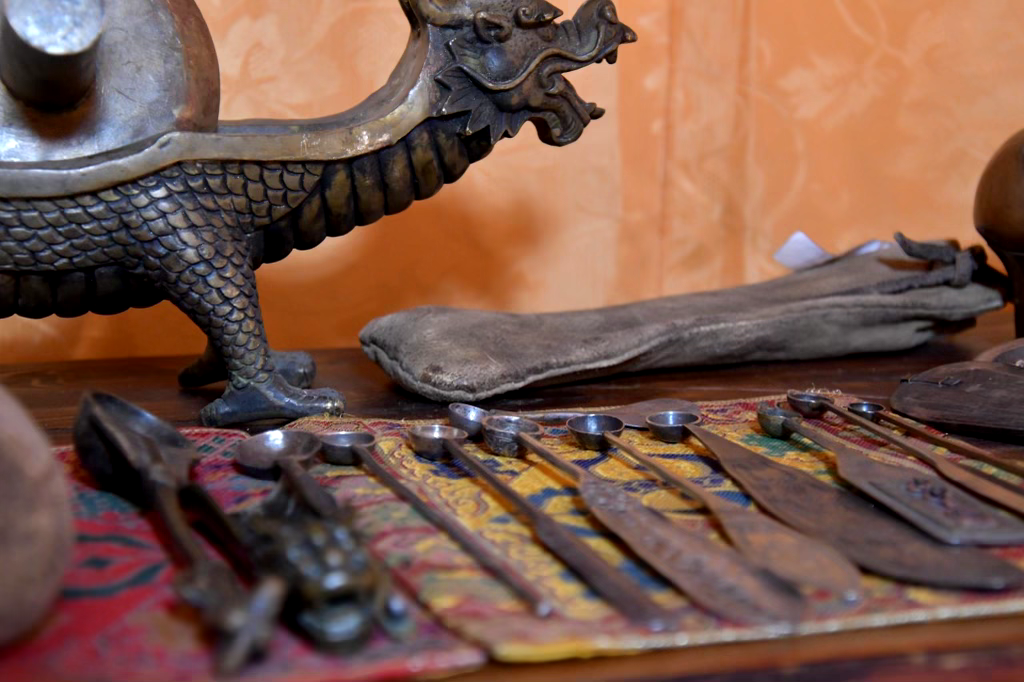What is acupuncture?
Acupuncture is a traditional Chinese medical practice that has been used for over 2500 years. It involves the insertion of thin needles into specific points on the body. This ancient healing technique has gained popularity worldwide for its therapeutic benefits in treating various health conditions. There are 12 standard meridians and 361 points in the body that are considered as pathways for Qi energy (vital energy) flow.
How does it work?
Acupuncture points are rich in nerve fibers, which can produce various physiological responses. From a scientific perspective, the mechanism of acupuncture is believed to involve the stimulation of nerves, muscles, and connective tissue. This stimulation can result in the release of endorphins and other neurotransmitters, as well as balance the autonomic nervous system.
When acupuncture needles are inserted into specific acupuncture points, they stimulate sensory receptors under the skin and in muscles. This stimulation sends signals to the central nervous system, triggering the release of endorphins, which act as the body’s natural painkillers. Additionally, acupuncture is thought to modulate the activity of neurotransmitters, such as serotonin and dopamine, which play a role in regulating mood, pain perception, and other physiological functions.
Benefits of acupuncture
Research has shown that acupuncture can stimulate the body’s self-healing abilities, alleviate pain, reduce inflammation, improve circulation, balance hormones, modulate the immune system, reduce stress, and promote relaxation and well-being. It is often used as a complementary therapy for conditions such as chronic pain (e.g., back and neck pain), migraines, tendonitis, carpal tunnel syndrome, arthritis, anxiety, depression, digestive issues, hormonal imbalances, menstrual cramps, menopausal symptoms, high blood pressure, cognitive decline, infertility, and insomnia.
DOs and DONTs after an acupuncture session
After an acupuncture session, it is recommended to avoid stressful situations, caffeine, extreme temperature differences (hot and cold), junk foods, alcohol, and strenuous exercise to maximize the therapeutic effect. Instead, one should drink enough warm water, rest and relax more, engage in light movement, and eat healthily to support the healing process.

